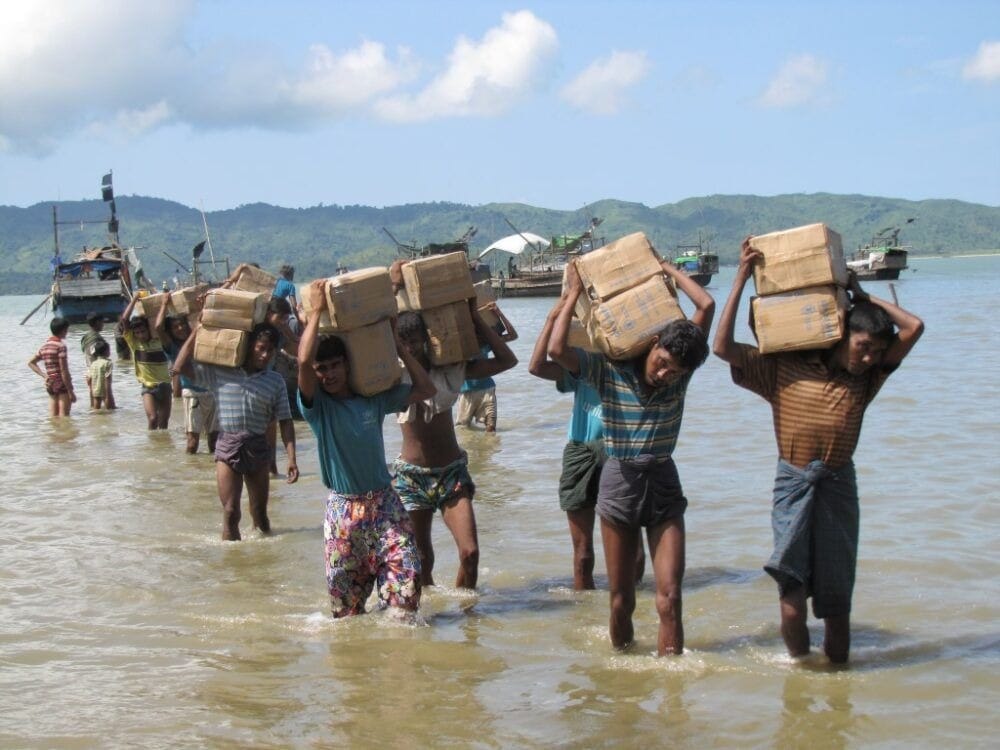GENEVA (AN) — U.N. human rights investigators urged international justice for Myanmar's military-led "crimes that shock the human conscience," pointing to them as evidence that the democratic transition promised by civilian leader Aung San Suu Kyi has all but ground to a halt.
Former Indonesian attorney general Marzuki Darusman, who heads a United Nations panel assigned to investigate the human rights situation in Myanmar, expressed horror and sadness at the findings contained in his panel's 440-page report.









